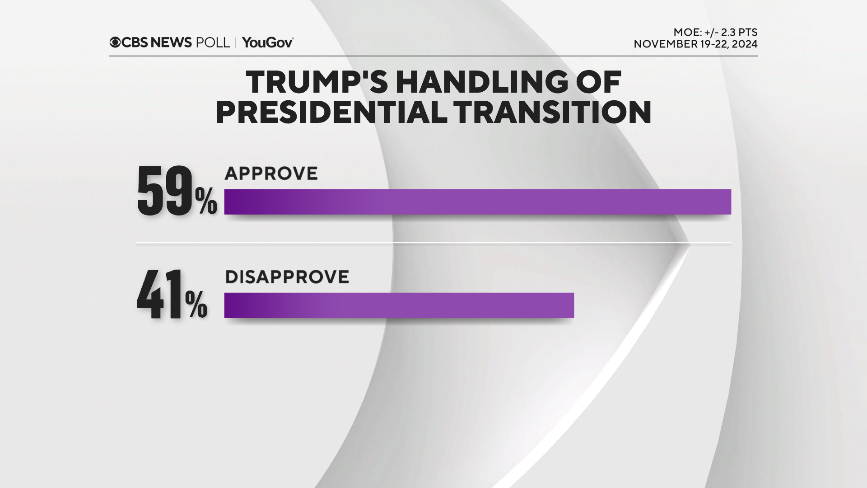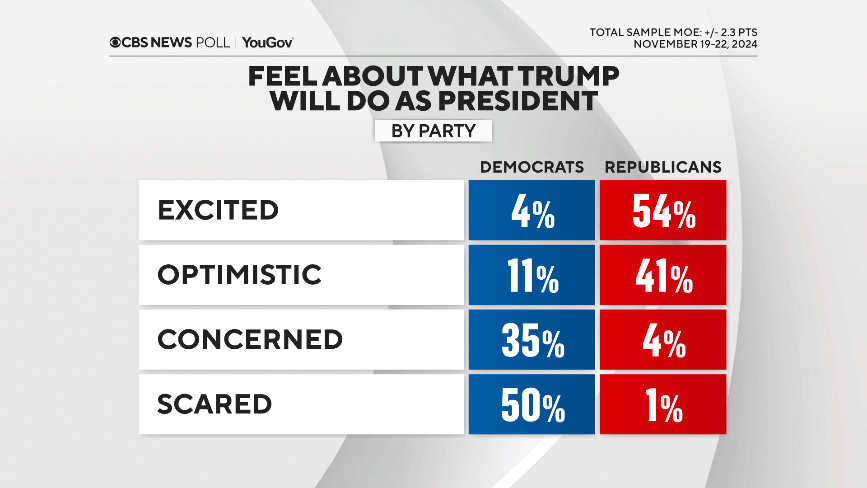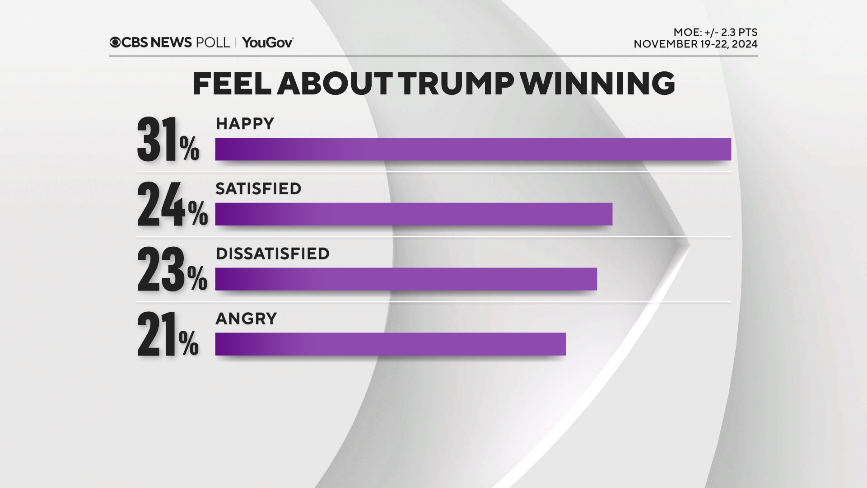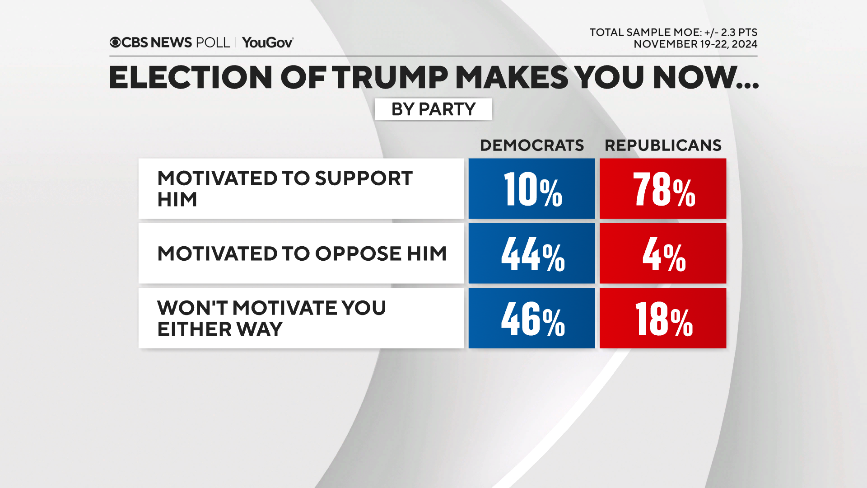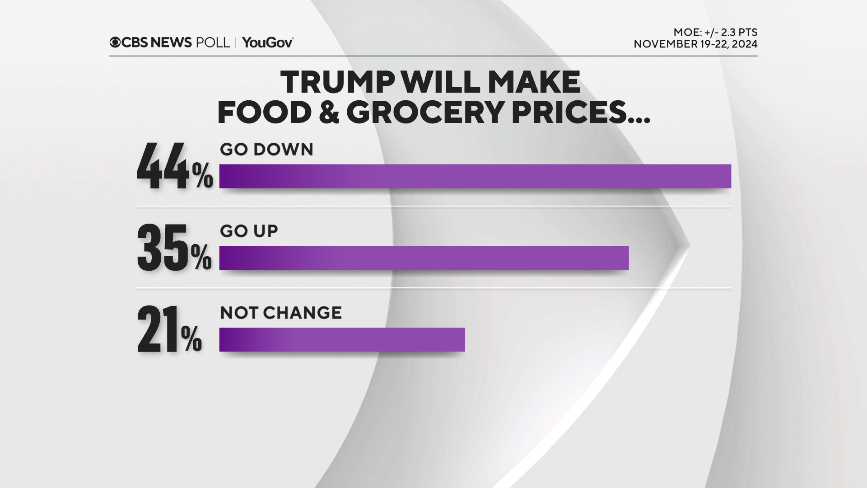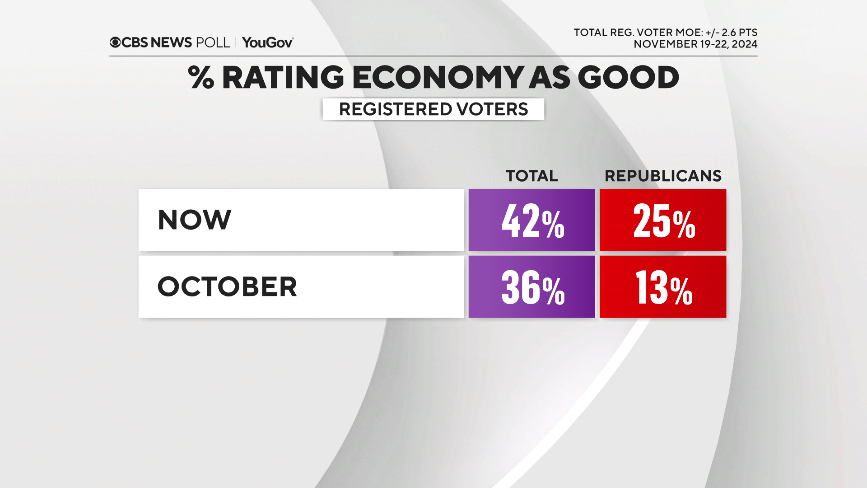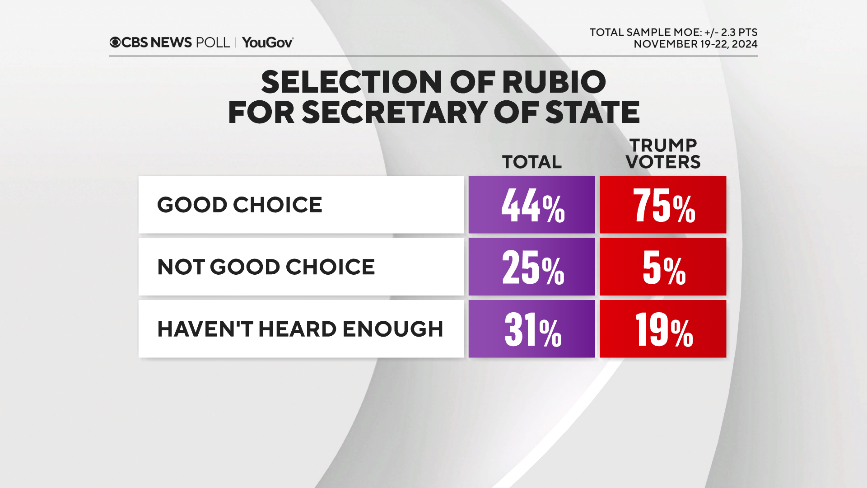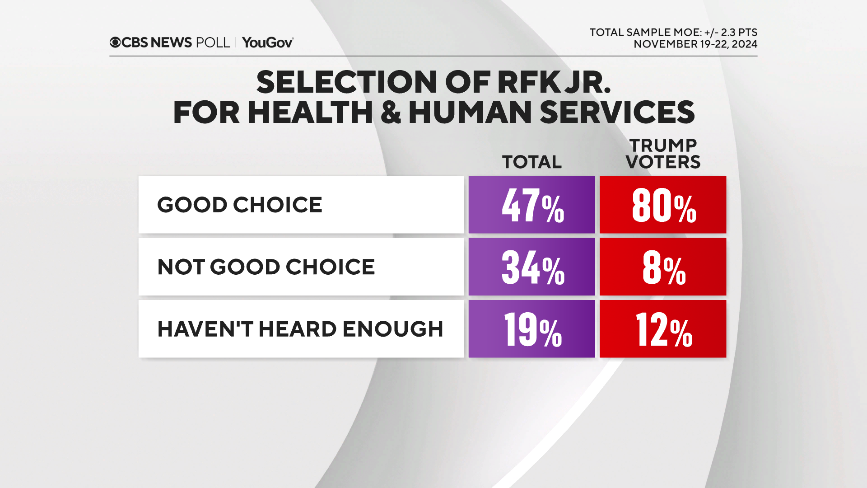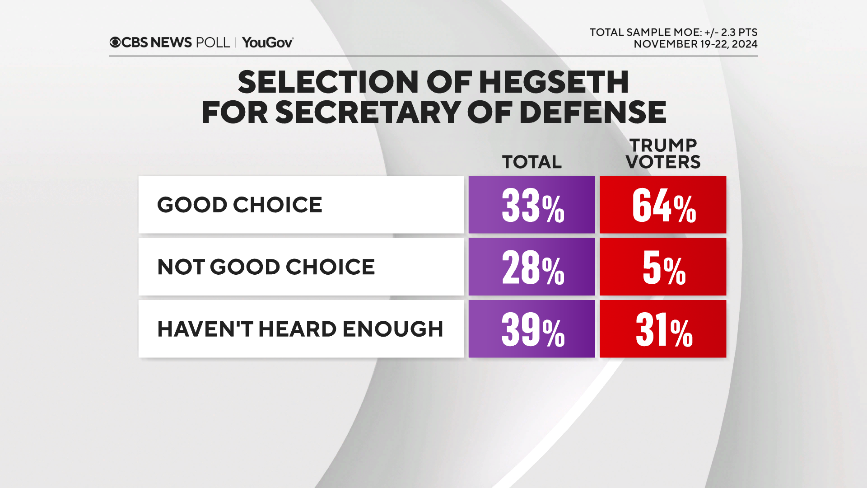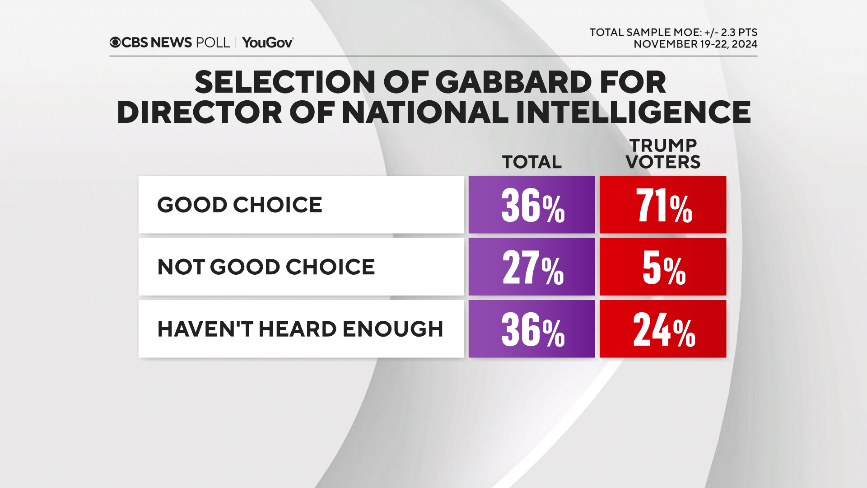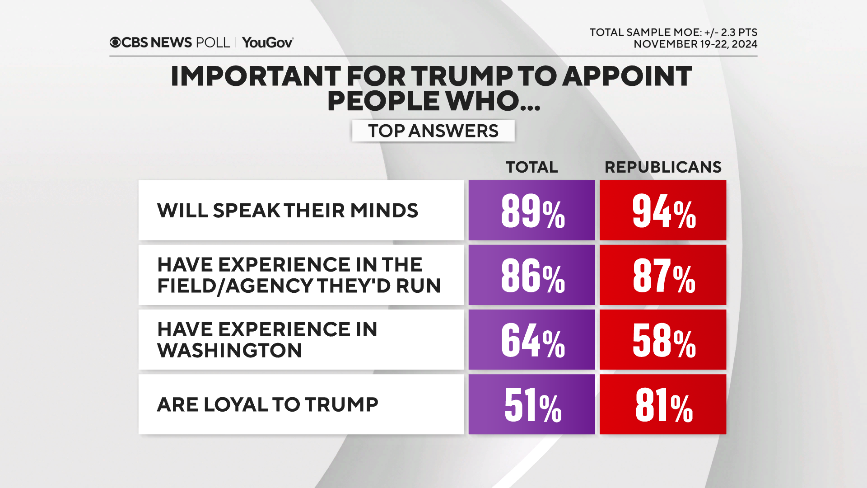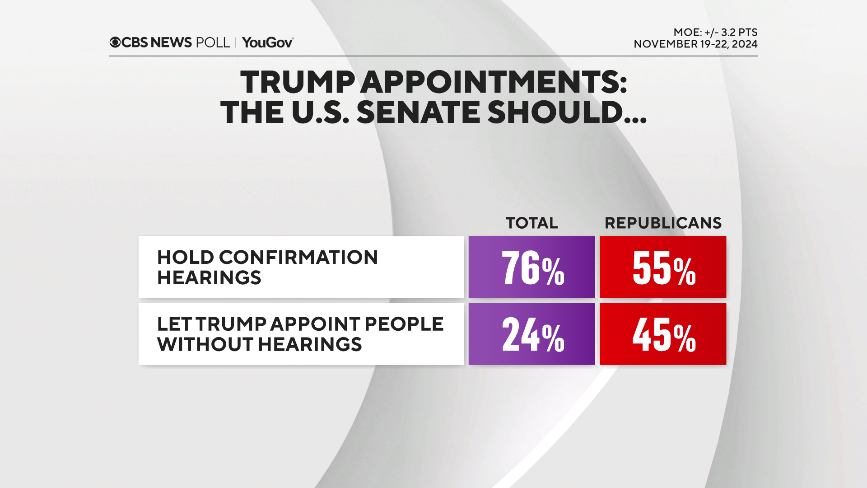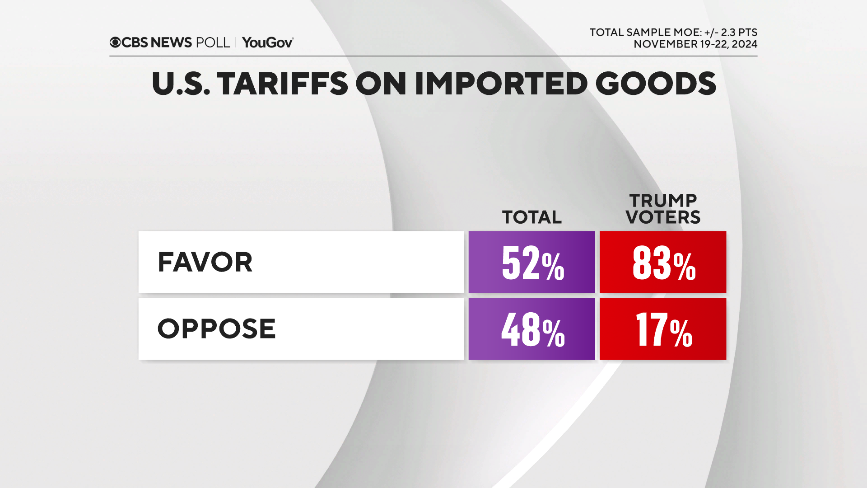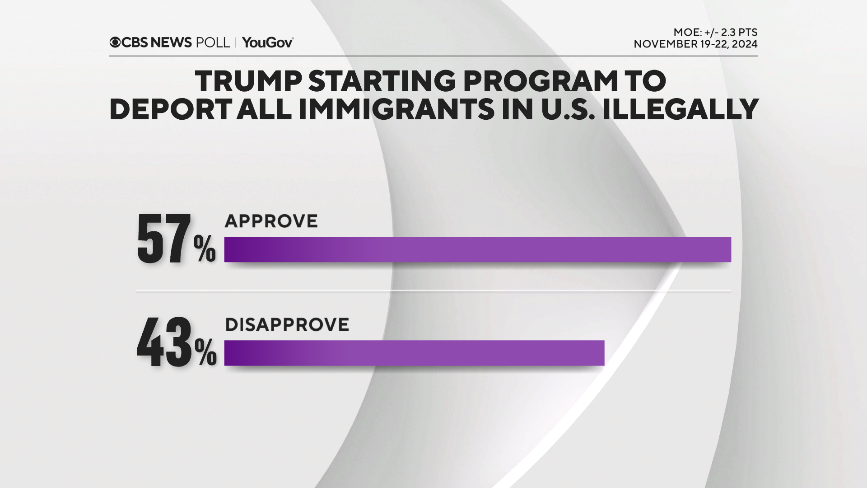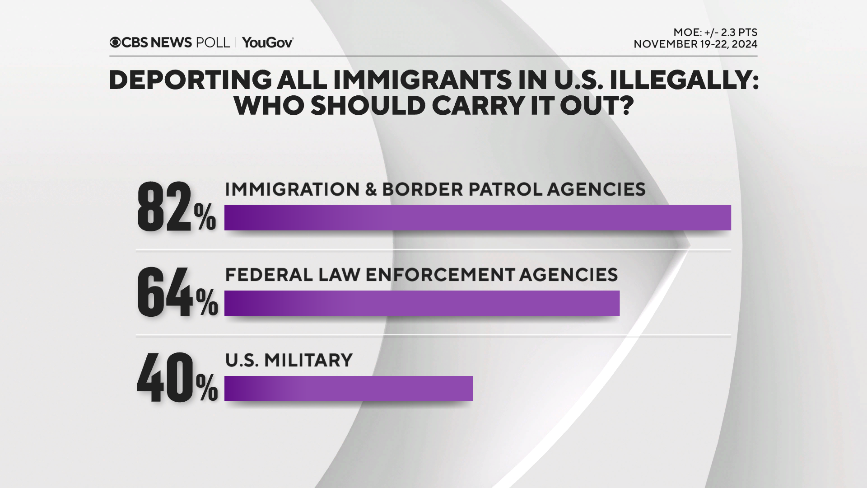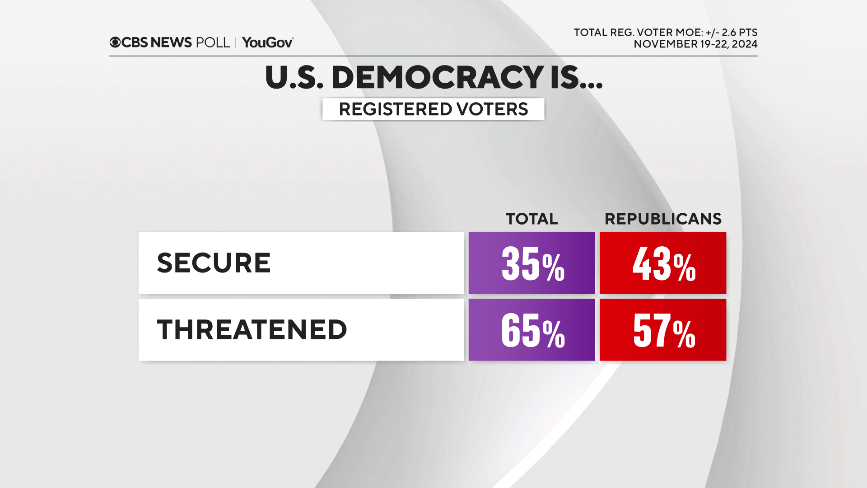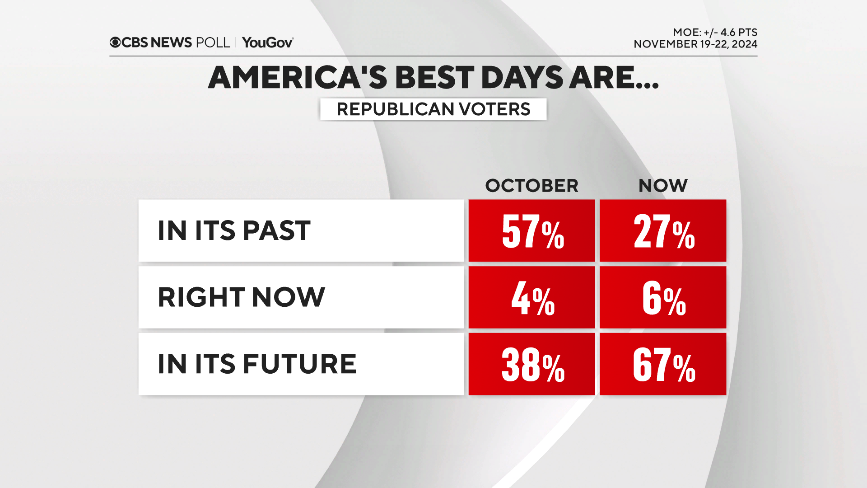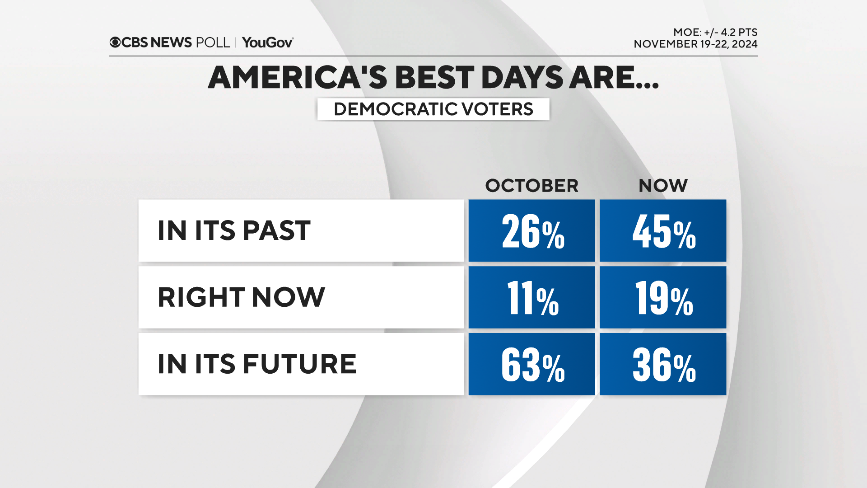CBS News
Gold and taxes: What every investor needs to know

Getty Images
If you bought gold earlier this year, then you’ve probably seen some big returns. The price of gold has risen steadily in 2024, even hitting record highs multiple times.
Forecasts say they could rise further, too. And while that’s great for your portfolio, it also has some tax implications you’ll want to prepare for.
Protect your portfolio by adding gold today.
Gold and taxes: What every investor needs to know
Do you have gold investments that have seen gains this year? Here’s what to know about the taxes you might owe as a result.
Capital gains taxes
If you sold any of your gold investments for a profit this year — including gold stocks or shares of a gold ETF — you’re going to owe capital gains taxes on those returns.
“The tax bill is based on the amount of gain,” says Matthew Chancey, a certified financial planner and founder of Tax Alpha Companies.
Depending on your income, you’ll owe a capital gains tax of 0% to 20% on the profits if you held the asset for more than 12 months. If it’s less than 12 months, you’ll be taxed based on your ordinary tax bracket (though the gains could push you into a higher bracket in some cases).
Find out more about gold investing here.
Collectibles taxes
If you sold physical gold assets — like gold coins, for instance — the tax bill could be even higher.
“That’s considered a collectible and is taxed at a higher rate,” Chancey says. “Instead of a long-term capital gains tax at 20%, it would be taxed at the collectibles rate of 28%. So, if you invested $100,000 into the physical metals and the value is now $200,000, you would pay $28,000 in taxes if you held the metals for longer than 12 months.”
One other catch? Collectible taxes are tallied up before capital gains, so if you have too much profit there, it could lead to higher taxes on other profits, too.
“One easy-to-miss tax issue is the order of operations for taxing collectibles,” says Matthew Argyle, a certified financial planner and owner of Encore Retirement Planning. “Simply put, ordinary income is considered first, then collectibles, and last, capital gains. This means that gains from collectibles may increase the tax rate on your regular capital gains.”
Investment taxes
If you make over $200,000 as a single tax filer, $250,000 if you’re married and file jointly, or $125,000 if you’re married and file solo, then you’ll face another tax on any income you earn from your gold investments: The net investment income tax (NIIT).
“If you qualify for the Net Investment Income Tax, you could owe nearly 12% more to the IRS,” says Argyle. “Additionally, you may face state and local taxes, which could bring your total tax rate to as high as 54% — 37.6% in federal income tax, plus 3.8% in net investment income tax, plus 12.3% in state taxes.”
How to reduce your gold taxes
While you can’t legally avoid paying taxes on your investment income, there are ways to mitigate the damage they do to your bottom line. For one, you can do what’s called “tax loss harvesting,” in which you recognize losses in other investments to make up for the gains in others.
“For gold held in taxable accounts, the concept of tax loss harvesting in the overall portfolio could apply,” says Rob Burnette, CEO of Outlook Financial Center. “Using losses to offset gains is a normal process used in taxable accounts to help mitigate taxes.”
Another option is to use the gains you earned toward a new investment.
“You could also consider reinvesting those gains from metals in real estate — into a qualified opportunity zone fund to help mitigate the sting of the taxes,” Chancey says.
These are both after-the-fact approaches, though. If you’re proactive enough, you could reduce taxes from the start. For one, you can just avoid selling the gold altogether. Hold onto it longer, and allow it to keep appreciating.
“As long as nothing is sold, there are no taxable events,” says Michael Chadwick, president of Fiscal Wisdom Wealth Management.
Another option is to hold your gold investments in a gold IRA, which Argyle calls a “major loophole.”
“Doing so will avoid the ‘collectible’ classification and allows gold to enjoy the same tax rules as other IRA assets,” Argyle says. Just proceed with caution: “Serious issues arise if you buy the wrong type of gold for your IRA or store it improperly.”
The bottom line
At the end of the day, you’re best off talking to both an investment and tax professional if you’re going to invest in gold. They can help you choose the best investments, as well as prepare for the tax implications that might come with those.
“Contact an expert in this field,” says Eric Elkins, CEO of Double E Financial Solutions. “If your financial advisor isn’t savvy on the best gold investments, then ask them to help you find an expert who is. You wouldn’t have knee surgery from your dermatologist, so don’t make the same mistake with your financial well-being.”
CBS News
Good enough to eat: Noah Verrier’s paintings of comfort food

Watch CBS News
Be the first to know
Get browser notifications for breaking news, live events, and exclusive reporting.
CBS News
A study to personalize nutrition guidance just for you

Watch CBS News
Be the first to know
Get browser notifications for breaking news, live events, and exclusive reporting.
CBS News
CBS News poll finds Trump starts on positive note as most approve of transition handling

President-elect Donald Trump’s incoming administration starts off with mostly good will from the public: a majority of Americans overall are either happy or at least satisfied that he won and are either excited or optimistic about what he’ll do as president.
Trump’s handling of his presidential transition gets approval from most Americans overall and brings near-universal approval from his voters, along with a net-positive response about his selections for Cabinet posts, in particular, Sen. Marco Rubio, who is Trump’s pick to be secretary of state.
After inflation and the economy so dominated the election, Americans are more inclined to think his administration will bring down prices for food and groceries rather than raise them, and his voters overwhelmingly say that. Going into the election, his backers expected that, too.
In a similar vein, Trump’s election already has some Republicans’ views of the economy improving.
Overall, Republicans today are more excited about what Trump will do as president now than they were in 2016 when he was first elected.
Democrats say they feel more scared about what Trump might do than they did in 2016, and a large majority of Democrats think as president he will threaten their rights and freedoms. But at the same time, there seems to be a sense of exhaustion, as fewer than half of Democrats feel motivated to oppose Trump right now.
Americans, and Democrats specifically, do think the Biden administration should work with the incoming Trump administration to ensure a smooth transition, and that congressional Democrats should work with Donald Trump on issues where they find common ground.
Trump and the economy
After winning comes expectations. There’s a net optimism about the incoming administration’s effect on food and grocery prices, especially among Trump’s voters. That comes as most Americans continue to say prices are currently rising. And inflation was a big factor in Trump winning in the first place.
It may be no surprise then that among many potential items for the incoming administration, Americans say plans to lower prices ought to be the top priority.
The percentage of Republicans who call the U.S. economy good, while still low, has gone up, as the percentage who call it very bad has dropped. That pushes voters’ overall evaluation of the economy slightly higher than it’s been this year — and further spotlights how much partisanship, along with optimism, always plays into these evaluations.
Trump selections of Cabinet and agency chiefs for his administration
Trump’s current selections for agency heads and Cabinet picks get rated overwhelmingly as good choices from Trump’s voters, and are net-positive as selections among Americans who have heard enough about them to say. (Many have not heard enough yet.)
As a general rule, Americans want Trump to appoint people who’ll speak their minds and who have experience in the field or agency they’ll run. But in addition to those qualities, Republicans also want people who’ll be loyal to Trump.
A large majority of Republicans and Trump voters think Elon Musk should have at least some influence in the Trump administration. Americans overall are more split on that, largely along partisan lines.
Big majorities of Americans — and a slight majority of Republicans — would like to see the Senate hold hearings on his nominations, rather than let him make those appointments without it.
(Within self-identified Republicans, MAGA Republicans are relatively more inclined to say the Senate should skip the hearings.)
That sentiment holds whether or not people are told or reminded that the Constitution says the Senate should give advice and consent.
As a general matter, though, most of Trump’s voters and most Republicans do want Trump to have more presidential power this term than he did in his last. That sentiment is higher among Republican voters now than during the campaign.
Trump policies
On another economic front, Trump’s voters overwhelmingly favor the idea of tariffs: most of them don’t believe that will make prices higher. (For the third who believe tariffs will raise prices but support them anyhow, this is presumably a cost they’re willing to bear.)
For the public overall, opposition to tariffs goes hand in hand with the belief they’ll lead to higher prices.
As was the case with voters throughout the campaign, most Americans would, in principle, approve of a new mass deportation program.
If the Trump administration does start a mass deportation program, most of the public would have it carried out by law enforcement or current immigration agencies — most would not have the U.S. military do it.
Elections and democracy
The 2024 results have shifted Republicans’ views of U.S. democracy and also returned some confidence to their view of U.S. elections. Few Republicans suspect fraud in 2024. They overwhelmingly did about 2020.
Following Trump’s victory, there’s been an increase in the number of Republicans who say democracy and rule of law is secure, though most Americans continue to say it is not.
Looking ahead, there’s another shift along partisan lines. Throughout the campaign, Republicans said America’s best days were in its past, while Democrats felt they were in the future. These views are reversed now. After Trump’s win, most Republicans feel America’s best days are in its future.
This CBS News/YouGov survey was conducted with a nationally representative sample of 2,232 U.S. adults interviewed between November 19-22, 2024. The sample was weighted to be representative of adults nationwide according to gender, age, race, and education, based on the U.S. Census American Community Survey and Current Population Survey, as well as 2024 presidential vote. The margin of error is ±2.3 points.



